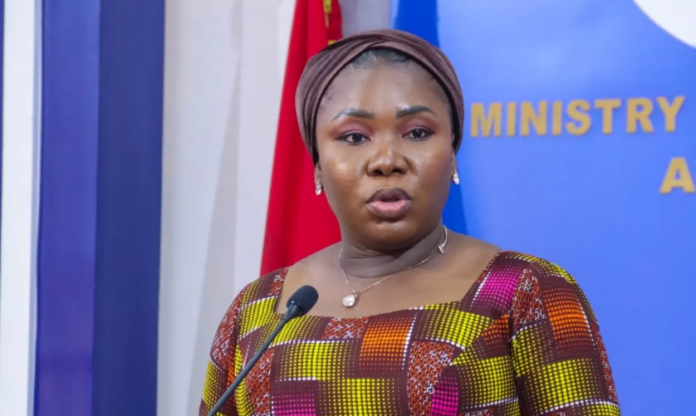Elections in our part of the world are won mostly on propaganda, misinformation and disinformation as well as stampede and tweaking of the elections collation management systems.
Thankfully, in Ghana, we have since 1996 into 2000 fought to enhance the environment through advocacy bit also legislative interventions.
This is notwithstanding the attempt in 2012 to roll back relevant gains made, with the then Electoral Commission complicit – compelling an intervention from the Supreme Court, in re-sanitising the structures and systems to defrock the EC top guns and especially the chair of excessive powers in making declarations.
Knowing how crooked and mischievous the African politician can be, it is becomes imperative on the part of the media as sentinels of good governance diktats and systems to monitor political actors, together with elections managers as vital stakeholders.
Propaganda gains
Of course being in opposition has advantages in latching onto Government slips and peccadilloes for political profit. What is unhealthy ad clearly below the belt is when instead of making argument a force, we turn argument into violence in vitriolic and on the streets in stampedes including madcap demonstrations.
Also regarding demonstrations, our political party heads know better that argument or the message is what is relevant, and not a poking of the police or tempting them to commit blunders to a party’s political profit.
But that’s how backward politicians who ought to be educated mislead subordinates and ground apparatchiki and communicators.
That is why two months into the general elections, every true patriot, including the journalist, ought to put Ghana first in empowering the electorate to appreciate development or push for change.
Tall mission
Particularly, for the ruling party, it has a tall mission in courting the media, if indeed it is recognises what role the media can play in drawing attention to efforts Government has made or continue to make in putting the ordinary citizen and, for that matter, the next generation in the centre of its developmental aspirations.
In that regard, the lingering topics have been the banking sector clean-up; tweaking the National Health Insurance Scheme to do a bit more as a social protection programme.
But that also includes the Free SHS Programme as a massive intervention for vulnerable communities and impoverished population segments, particularly in the Volta and Northern Regions.
Also of critical importance, however, is a re-invigoration of the MASLOC initiative that most informal economy actors recall as a masterstroke the first New Patriotic Party administration.
Infrastructure
DAYBREAK admits, too, that spreading infrastructure is crucial in creating jobs and facilitating economic growth – with industrial transformation as a pillar.
How far Government has come is critical in informing and sensitising voters as to which of the two parties have enough goodwill and capacity to attract development partners locally and globally.
The NPP as much as the NDC would appreciate that such positioning of a political party is necessary in helping voters appreciate need for an acceleration of spread of relevant infrastructure, including hospitals, cocoa roads, schools, highways and social interventions in food security and skills training as part of the agenda of holistic development.
Selective?
As a party in Government, the NPP cannot boast about having treated Editors and known veterans favourably or even fairly – unless some selective red carpet programme is ongoing – from KON to the Muslim Queen.
But, it is not too late, in the opinion of DAYBREAK, for Government to recover lost ground. This is because, while two months may not be enough time to do much, little things may matter, in redeeming delicate life-and-death situations as far as a nation’s destiny is concerned.



